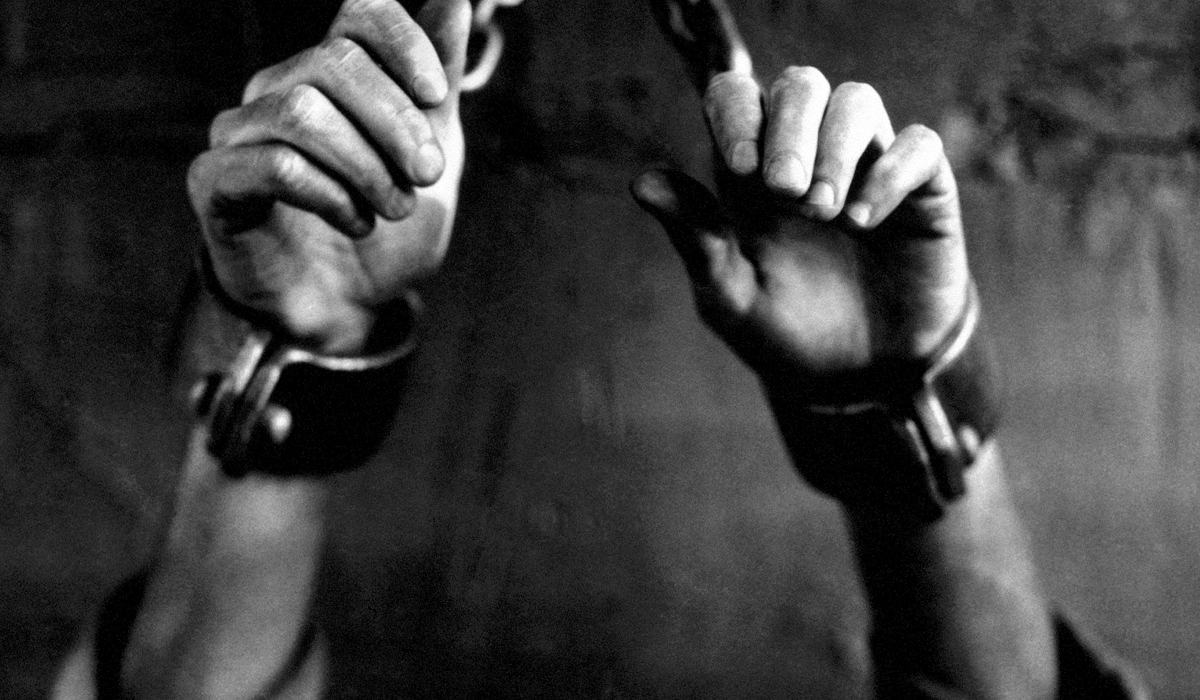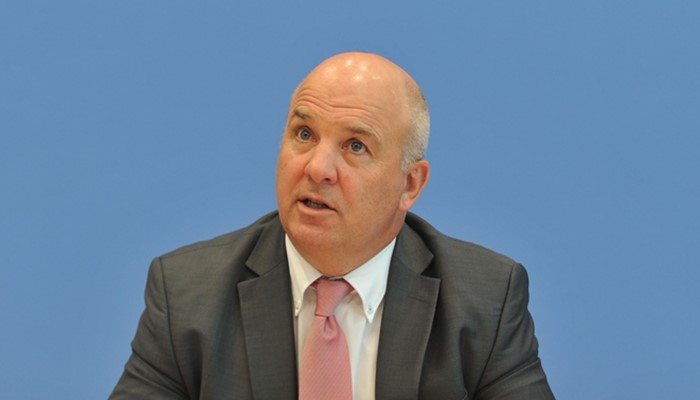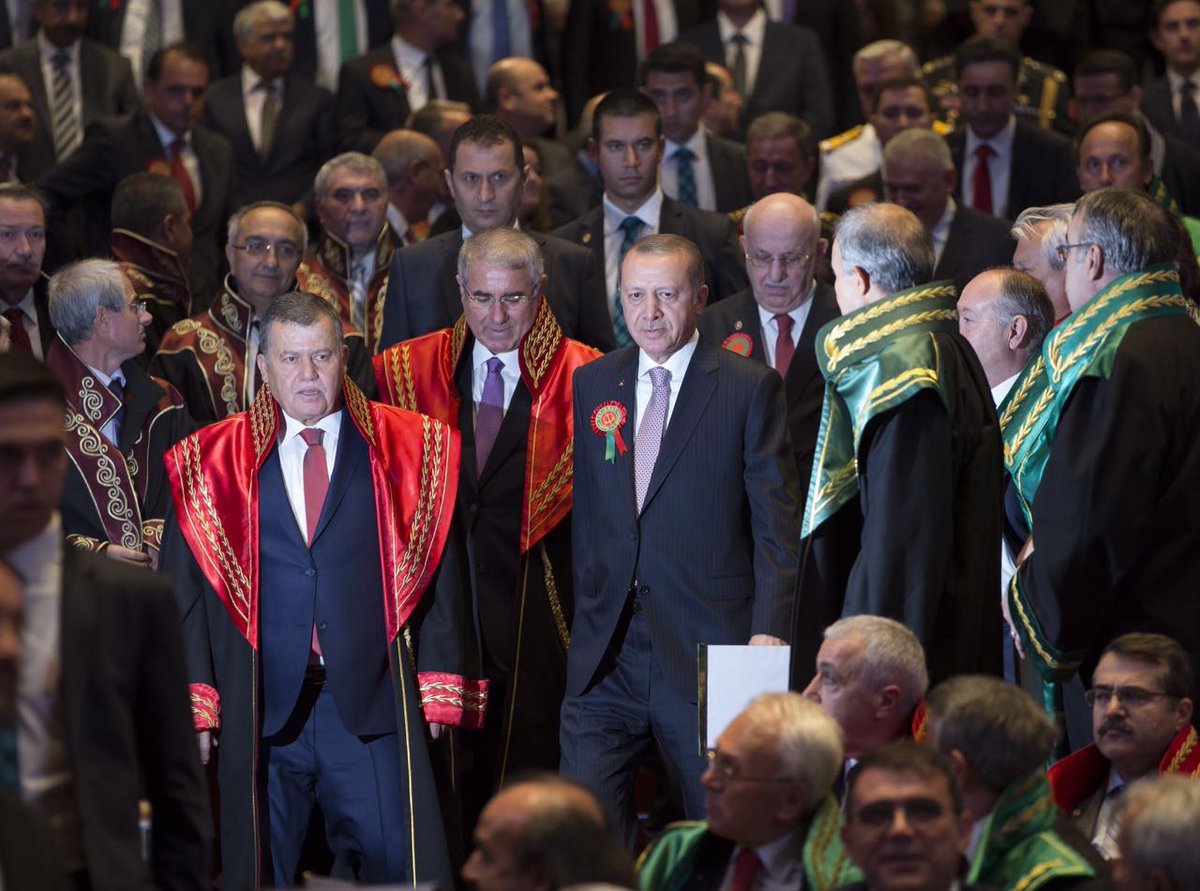[dropcap size=big]I[/dropcap]n the aftermath of the controversial coup attempt on 15 July 2016, even without any proper investigation aiming at finding out the real perpetrators, a state of emergency (SoE) was declared by the Turkish government. Since then, the country has been ruled with SoE decrees.
Legal Basis for Illegal Acts
In addition to insufficient and ineffective judicial and administrative investigations, through art. 9 of the SoE decree no. 667, officials who are in position of executing the provisions of the SoE decrees, were accorded with immunity from judiciary. Later on, SoE decree no. 667 was enacted as a regular legislation. However, the decision to whether annul that law or not is still pending before the Constitutional Court for more than a year. On the other hand, it is not expected from the Court to rule on the case soon under the government’s current harsh pressure on the all levels of judiciary.
Some has been believing that the said protection gives them a free hand to grossly violate fundamental rights. Unfortunately, judiciary joined forces with other state organs which are directly or indirectly helping the government in executing its illegal orders. Arbitrary detention of tens of thousands and non-prevention of torture and ill-treatment to those under custody are clear examples of how judiciary is being used in intimidating the opposition. The SoE decree no. 696 further expanded this immunity to civilians who fight against a possible coup plot or terror activities.
Political Support and Permission for Illegal Acts
Right after the coup attempt, high-level members of the AKP which rules the country for more than 10 years, members paved the way for torture and ill-treatment. Just to name a few below:
Talking about illegally detained tens of thousands, Nihat Zeybekci, Minister of Economy, said that “These traitors shouldn’t only be sentenced to capital punishment. We will treat them in such a way that they will beg us to kill them.”
Mehmet Metiner, an AKP Deputy who is also assigned to the Parliamentery Commission on the Human Rights, stated that they will ignore and not investigate the claims that Gulen followers are tortured in detention centers and prisons.
It is obvious that the government not only does neglect its constitutional obligation to prevent torture, but also encourages and even rewards it.
Attempts to Find a Shelter for Committing Illegal Acts by Silencing Free Media
Closure of free media outlets, including tv channels, radios, newspapers and news agencies, by SoE decrees made it impossible to inform the public about the torture cases. This also constitutes a clear breach of right to reach free and accurate information.
It should be kept in mind that during the last few years before the controversial coup attempt, the executive organ successfully placed nearly all media outlets under its direct or indirect control. Those media outlets which tried to stay independent faced enforced closure or has been brought under immense pressure through detention of their personnel. As a result, most of the torture cases go unnoticed and unregistered.
Individuals Have Been Discouraged to Raise Their Voices in the Face of the Illegal Implementations
Furthermore, detainees or their relatives are hesitant in reporting their personal stories to the authorities or making them public, due to the fact that they fear the worse would befall on them. In authoritarian regimes, fear factor is one of the most frequent means of the administration to silence the people and unfortunately today’s Turkey is no different. This is a natural consequence of the erosion of the rule of law.
In addition to blatant torture cases, deaths under detention have occurred. At least 25 people died in prisons since the controversial coup attempt including prominent military personnel and police officers. Moreover, the perpetrators or the reasons of the kidnappings of civilians are still unknown. Even relatives of victims are denied information on their whereabouts. In some cases, they are discouraged by officials not to pursue these cases in order not to face any problems.
International Reactions Against Illegal Decisions and Actions
When it comes to the international response, it is also relatively weak. In this context, several reasons can be mentioned.
1.Reports of official bodies and Turkish Government’s reaction
The government blocked all international monitoring ways. What government wants to hear from international actors are solely the messages of support and solidarity. Even foreign governments or NGOs have so far been labelled as collaborators or supporters of the coup perpetrators.
UN special rapporteurs were not allowed in Turkey to perform their duty in full capacity. In a recent report, Nils Melzer, the UN special rapporteur on torture and other cruel, inhuman or degrading treatment or punishment stated that the Erdoğan government restricted his visit to only five working days which is normally 10 to 14 on average by most UN member-states. Also, he complained that he was prevented from conducting a comprehensive analysis of the rights abuses. The Turkish government had already cancelled the visit of his predecessor, Juan E. Méndez, which was scheduled on October 10-14, 2016.
In his report, the Special Rapporteur felt himself obliged to remind Turkish authorities to publicly reinforce their “zero tolerance” policy on torture and, in particular, to unequivocally make clear to State officials at all levels that they are expected and, indeed, obliged to report and investigate all allegations of torture and to bring perpetrators to justice. Melzer’s call on Turkish government is nothing, but telling the truth by employing a diplomatic language.
Turkish authorities also prevent the European Committee for the Prevention of Torture and Inhuman or Degrading Treatment or Punishment (CPT) from making public of its reports of the last two visits in Turkey after the controversial coup attempt. This development paves the way for the presumption that the Turkish government does not want some ugly facts to surface.
2.Reports of NGOs
The only impartial reports have been published by the NGOs, such as Human Rights Watch (HRW) and Amnesty International. Regarding torture cases BBC News also reported some individual stories. However, they were able to conduct their research on a limited scale and through the personal stories of the victims. They were denied visiting detention centers and prisons. Today, reports of the HRW and Amnesty International are the only reliable international documents on the scale and the gravity of the torture and ill-treatment in Turkey.
3.The need for focusing on the epicenter of the developments
Erdogan’s tactical moves in cases such as curbing refugee flow from Syria may discourage the EU countries in voicing their criticism on the wide scale breaches of the most fundamental rights in Turkey, but in the long term the negative effects of the erosion of democracy and the rule of law will surely bring about other serious complications.
Western-minded bureaucrats, soldiers, journalists, academics and jurists have been dismissed, jailed, demonized and/or forced to flee the country. Ultra nationalists, who promotes Eurasian interests and membership of Shanghai Cooperation Organization, and radicals replace those cadres.
Instead of pointing at this, the international community focused, at least for some time subsequent to the coup attempt, on the accusations of the government against the Gulenists, thus rendering the discussion confined to a supposed power struggle within the state. In reality, what is happening is much bigger than this. The country is drifting rapidly away from democracy and the values they stand for.
4.Adding insult to injury
In spite of a plethora of examples of wide-scale pressure on innocent people in order for placing the blame on a certain civilian movement, articles and reports published in some western media just after the coup attempt claimed that the Gulenists were behind the controversial coup attempt, based on the supposed confessions of those tortured soldiers. Those reports that took the government narrative for granted, despite myriad of flaws it contained, added insult to injury.
One such report was published by European Council on Foreign Relations (ECFR). However, even all those “confessions” later on were dismissed by the very same soldiers in the very first court hearings, these prestigious think-tanks have yet to revise their reports. More terrific is that allegations of torture and mistreatment to extract fake confessions have been revealed even by the anti-Gulen media.
Expectations from International Community
At a time when all independent and objective sources of information are silenced, the only and the best option in reporting and preventing those human rights violations, including torture, is the international official and civilian organizations. As they are (and must be) not prone to the blackmailing, they should be able to defend personal liberties and human rights and exert pressure on Turkish government to end the SoE regime as soon as possible, conduct investigations in conformity with national and international obligations, and eventually bring the responsible of human right violations to justice.
Role of European Court of Human Rights
Among international actors, European Court of Human Rights (ECtHR) has a special place. The Court must assume its duties and instead of making cooperation with an oppressive government, as it did in the case of SoE Inquiry Commission which is considered by every independent observer as a sham commission, it must uphold justice. It should be aware of the fact that, in the short term, it is the only way out and hope for hundreds of thousands of people who fell victim to this oppression.
Conclusion
Even fundamental rights, including universal ban on torture, are being violated on a massive scale in Turkey. Independent media outlets have been shut down or kept under pressure. Expectations from international community and cries for help in ending the ongoing wide-scale violations of human rights and witch hunt must not fall on to deaf ears.
*Dr. Ugur Tok is director of the Platform for Peace and Justice.



